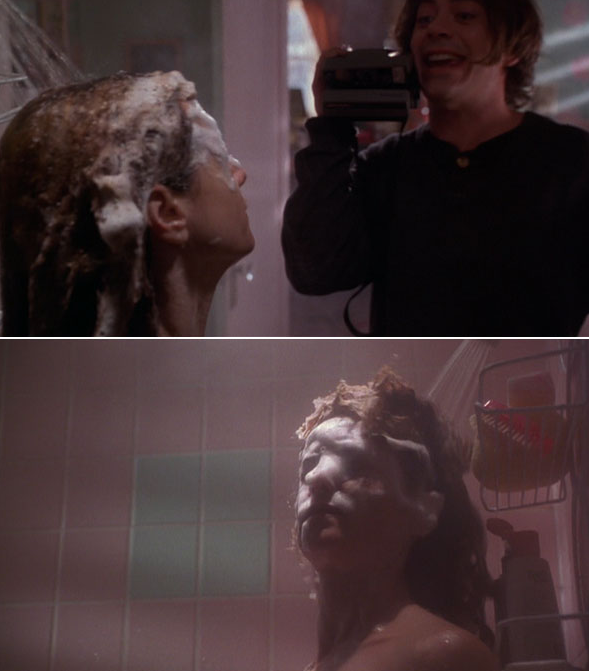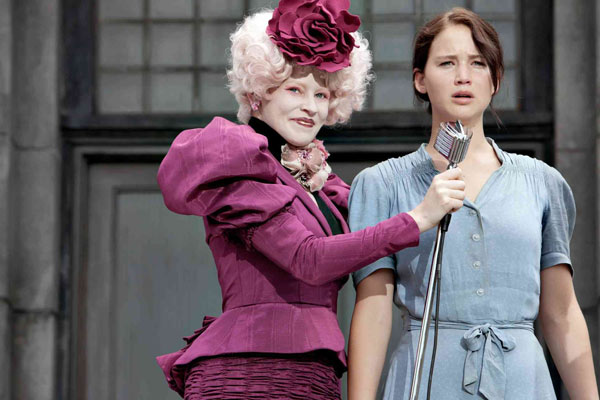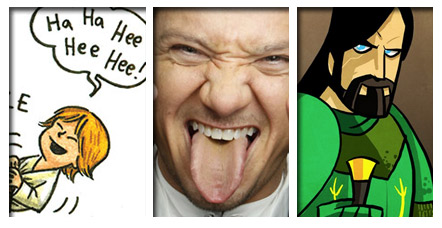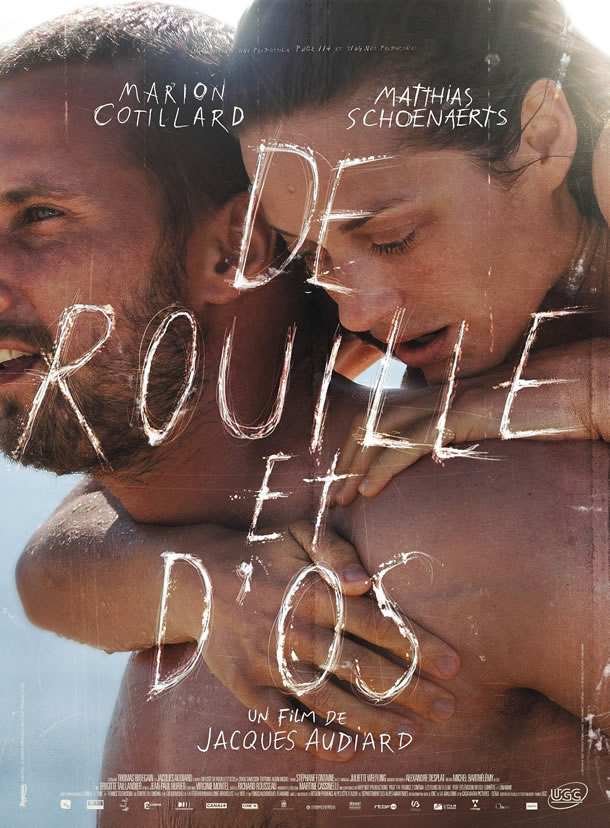Have you been following along with season three of "Hit Me With Your Best Shot"? This series thrives on your comments and/or visual participation and dies without them. So don't leave us in solitary confinement staring at the movies obsessively. In season three we've already covered Snow White (30s Disney), Easter Parade (40s musical), Bonnie & Clyde (60s landmark) and Ladyhawke (80s fantasy). Because we aim for a true variety of genre and time periods in this series, here's the next six weeks of the movie schedule.
Please consider joining the fun.
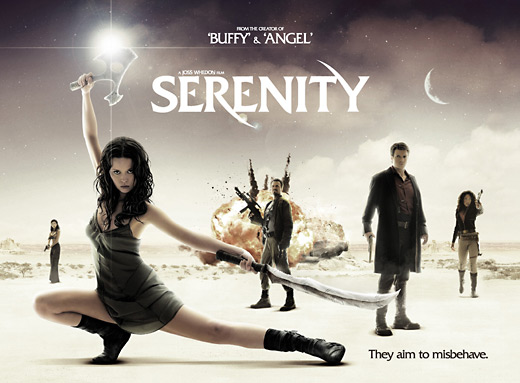
Apr 18th Serenity (2007) and/or Firefly (2005)
Joss Whedon is having a huge film year (Avengers, Cabin in the Woods, Much Ado About Nothing) so we're looking back at his directorial (feature) debut. Or if you have never seen the TV series on which Serenity is based for this episode only of the cinematic series you can do "best shot" with a television pilot. Both are available on Netflix Instant Watch.
Apr 25th Raise the Red Lantern (1991)
This Oscar nominee and arthouse hit helped make international sensations out of the legendary director/muse pair Zhang Yimou & Gong Li. We love them both so let's dive into this sad gorgeous concubine's den in 1920s China.
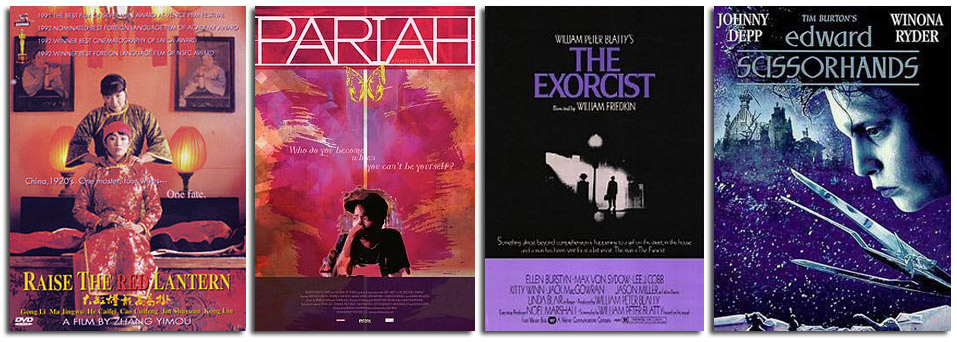
May 2nd Pariah (2011)
We've never done a brand new movie just as it hits DVD so I chose this one about a closeted lesbian teenager because it's a) very good b) underseen and c) not principally acclaimed for its visuals and those films can be interesting challenges in this series which tends to focus on more visually ambitious pictures.
May 9th The Exorcist (1973)
It was just voted the best horror movie of all time, it's a massive touchstone film, and if I don't force myself to watch it (I know I know) I never will. Will our heads spin until we're vomiting trying to choose the single greatest shot? Currently available on Netflix Instant Watch.
May 15th Edward Scissorhands (1990)
With Dark Shadows in theaters, we'll look at the Burton/Depp collaboration that started it all.
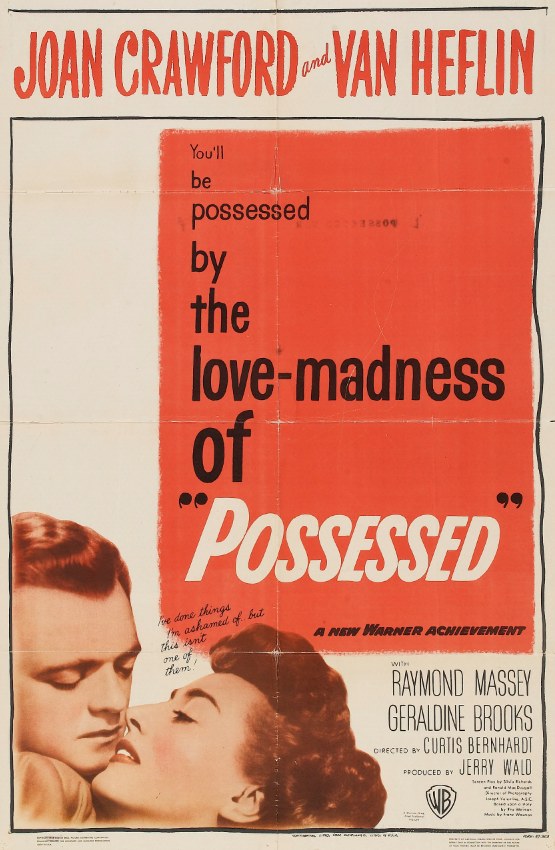 May 23rd Possessed (1947)
May 23rd Possessed (1947)
I've been itching for some Joan Crawford lately and this acclaimed noir brought her her second Oscar nomination (shortly after the win for Mildred Pierce). I've never seen it so join me as Joan obsesses so hard over a man that she ends up in a psychiatric ward.
You'll be possessed by the love-madness of POSSESSED
Will you be joining us for any of these? Truly it's the more the merrier with this series. I can't be the only best shot participant that loves loves loves seeing the wide range of opinions when a lot of people look at the very same piece of art.
Sound off on this series in the comments. What do you think of it?
 Tuesday, April 17, 2012 at 9:00AM
Tuesday, April 17, 2012 at 9:00AM 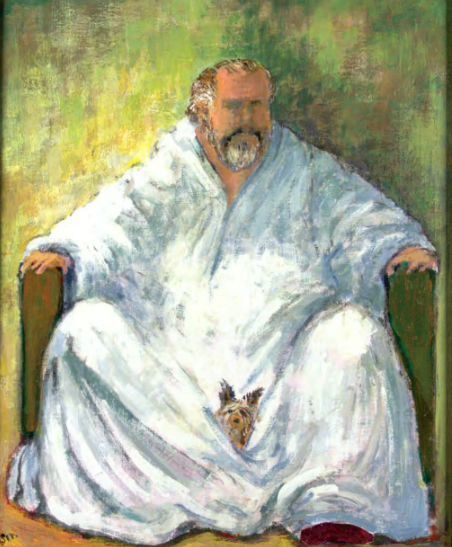 Orson Welles self portrait, sold for $8,960.
Orson Welles self portrait, sold for $8,960.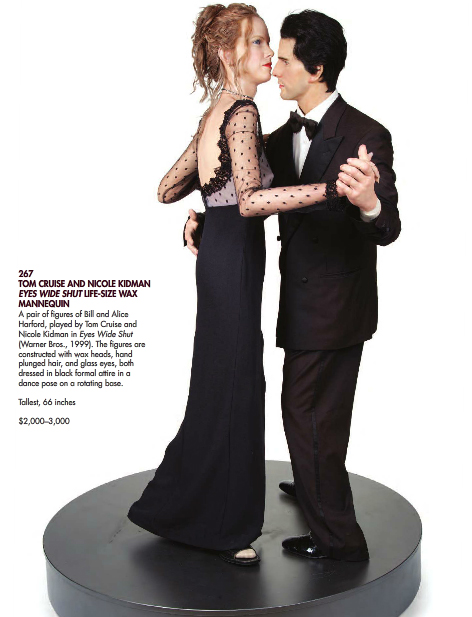 Eyes Wide Shut mannequins, sold for $1,408.
Eyes Wide Shut mannequins, sold for $1,408. Curio,
Curio,  Eyes Wide Shut,
Eyes Wide Shut,  Gypsy,
Gypsy,  Singin' in the Rain
Singin' in the Rain 




